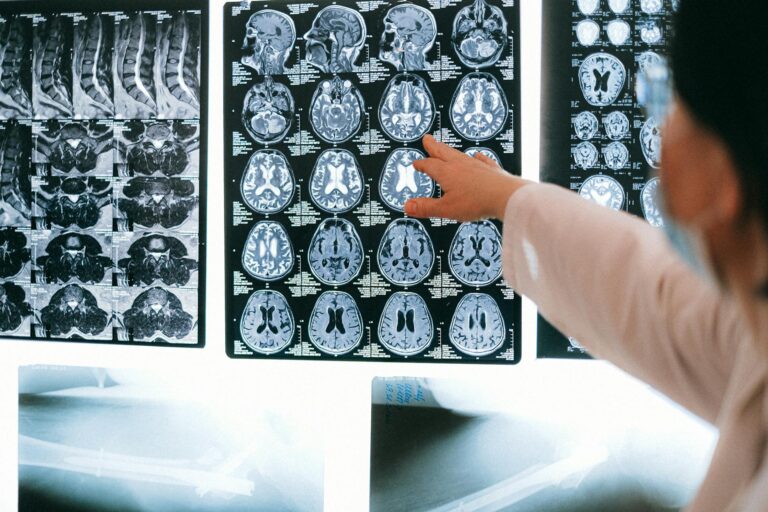Dementia is a progressive decline in cognitive abilities that can greatly impact a person’s daily life. It is a complex condition that can affect memory, language, judgment, and reasoning. Early diagnosis and assessment of dementia are important for providing appropriate care and treatment options for individuals with the condition. One of the primary methods for diagnosing dementia is through cognitive testing.
Cognitive testing refers to a series of standardized tests used to assess various cognitive domains, including memory, attention, language, visuospatial abilities, and executive functions. Cognitive tests are typically performed by a specialist, such as a neurologist, psychologist, or geriatrician, and are designed to provide a comprehensive evaluation of an individual’s cognitive abilities.
One of the most commonly used cognitive tests for individuals with dementia is the Mini-Mental State Examination (MMSE). The MMSE is a brief assessment that takes approximately 10-15 minutes to complete and measures a person’s memory, language, attention, and orientation. The test scores range from 0 to 30, with higher scores indicating better cognitive functioning.
Another commonly used cognitive test is the Montreal Cognitive Assessment (MoCA). The MoCA is a more comprehensive assessment that takes approximately 10-15 minutes to complete and measures various cognitive domains, including memory, language, attention, executive functions, and visuospatial abilities. The test scores range from 0 to 30, with scores of 26 or above indicating normal cognitive functioning.
In addition to the MMSE and MoCA, other commonly used cognitive tests for individuals with dementia include the Clock Drawing Test, which assesses visuospatial abilities, and the Boston Naming Test, which assesses language abilities. There are also a variety of memory tests that can be used to evaluate an individual’s memory abilities, such as the Wechsler Memory Scale, the Rey Auditory Verbal Learning Test, and the Logical Memory Test.
It’s important to note that cognitive testing is not a one-time event and should be performed periodically to assess changes in cognitive abilities over time. This is particularly important for individuals with dementia, as the condition can progress and cause changes in cognitive abilities. By tracking changes in cognitive abilities over time, healthcare providers can provide appropriate care and treatment options for individuals with dementia.
In conclusion, cognitive testing is an important tool for diagnosing and assessing the progression of dementia. The Mini-Mental State Examination (MMSE) and the Montreal Cognitive Assessment (MoCA) are two of the most commonly used cognitive tests for individuals with dementia, and other tests, such as memory and language tests, may also be used to provide a comprehensive evaluation of an individual’s cognitive abilities. Cognitive testing should be performed periodically to assess changes in cognitive abilities over time and provide appropriate care and treatment options for individuals with dementia.





